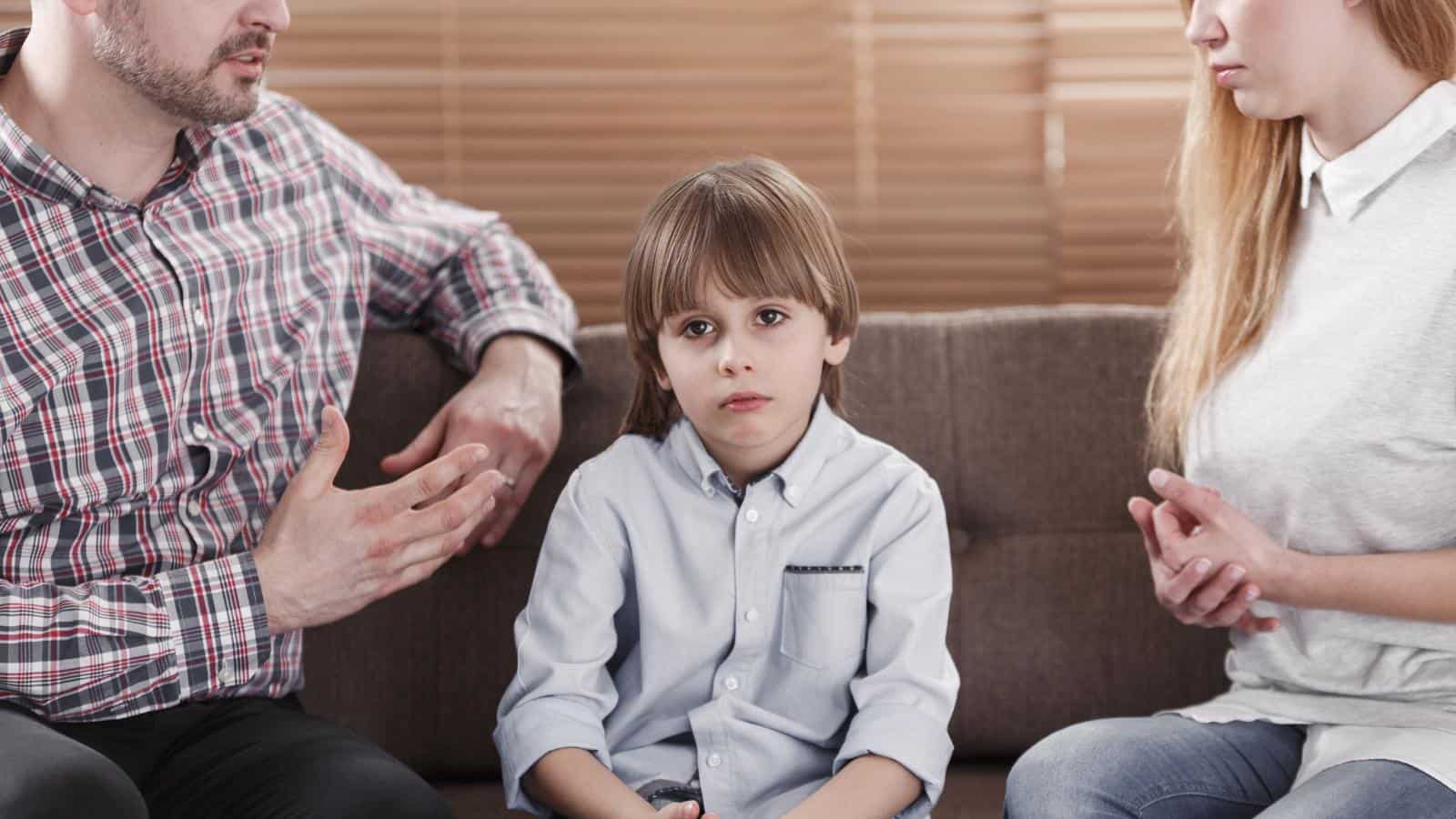Parents always want the best for their children, but even with the best intentions, mistakes happen. Sometimes, what’s meant to help can have unintended consequences. So, in this article, we’ll explore some common parenting missteps and how to avoid them.
Criticism

Just like adults, children are always trying their best. Criticism can cause children to think that what they’re doing isn’t enough. Psychology Today supports this, writing, “This is a surefire way to impair your kids’ esteem and damage their fragile egos. Children who are criticized grow up to think of themselves as outsiders and underachievers.”
Poor Structure

It’s important that a child has a balanced structure in their life. Parents need to ensure children are aware of boundaries and don’t step over them. Being too strict or too lenient can negatively affect a child’s development. Make sure there’s consistency in schedules, routines, and behavior expectations.
Emotional Neglect

You need to make sure you spend quality time with your child and don’t emotionally neglect them. For example, DaddiLife writes, “Try not to miss important events in your child’s life unless it really can’t be helped (and then make sure you’re around for the next one) and most of all, spend time listening to your children.”
Disregarding Learning Problems

If your child has learning difficulties, then these need to be addressed. If you don’t, it can cause a child to be incorrectly labeled and be called lazy or unmotivated. Instead, they may have a learning problem. If learning problems aren’t diagnosed, they can have a serious impact on your child’s education.
Yelling

Yelling causes a child to have anxiety and can worsen your relationship with them. Yelling is also ineffective when it comes to trying to resolve any disagreements that you may have with your child. It can even cause an element of disrespect that they could have toward you. The long-term effects of yelling may also significantly impact a child’s mental health.
Expecting Perfection

Best Life writes, “Parents who expect perfection from their kids will be sorely disappointed.” Nobody is perfect, not even your child. Don’t set unrealistic expectations that your child will never have a chance to meet. It can cause a lack of self-esteem in your child and prevent them from trying new things.
Overindulgence

It’s important to teach your child to work for what they want. Giving your child everything that they ask for can have a negative effect, as they’ll think that everything in life comes easy. It also risks your child learning how to manipulate to get what they want, which is something they shouldn’t be taking into adult life with them.
Lack of Routine

Routine is important, as it gives a child a sense of security. It will prepare them for future adult life, where they’ll need to learn to balance a job with their personal life. An unstructured environment can have a negative effect on a child’s development. There should be flexibility in routines to accommodate any special circumstances.
Over Scheduling

Make sure to balance activities and free time for your child. For example, the Center for Children and Youth writes, “Helping our kids incorporate enough free playtime into their lives balanced with activities is one of the best ways to promote healthy development.” Having an excessive schedule can lead to burnout in your child.
Not Reading to Your Children

There are so many benefits that come from reading to your child. Not only is it fun for them, but it also helps to build their cognitive and emotional development. It will help to strengthen the bond between you and your child while also encouraging a love for reading and learning.
Too Much Choice

You need to be able to help your child when it comes to decision-making. It will help them later on in life, and too many options for something can become overwhelming. Make sure to provide age-appropriate things for your child, especially if you’re asking them to choose a movie or music.
Overindulging Children

Parents writes, “The main cause of a child being spoiled is when a parent is too lenient or what’s called permissive parenting.” If you spoil your child, it can cause unrealistic expectations later in life. It’s important to set limits on treats and save expensive gifts for special occasions such as birthdays.
Meddling in Children’s Relationships

You should allow your child to navigate their own friendships and avoid becoming involved in them unless you absolutely have to. If you constantly meddle in your child’s relationships, it can have a negative impact on their social skills. Sometimes, it’s best to let your child solve any issues independently.
Avoiding Criticism From Teachers

Teachers spend so much time with your child, so if they come to you with issues, you know it’s important. If you don’t act on any advice they give you, it can affect your child’s time at school. You shouldn’t believe that your child is perfect; instead, take on any constructive criticism.
Being Overly Competitive with Other Parents

Try to avoid comparing your child with other children. This is backed by My Modern Parents, which writes, “Parents often compete with each other for their children’s success. But exaggerating the competition and maybe making constant comparisons can give the child the impression that others are better.”
Doing Homework for Children

Your child should do their homework independently; it not only teaches them responsibility but also works on their academic skills. Instead of doing your child’s homework for them, try only helping when they ask for it. This will be a greater reward for your child when their homework comes back with a high grade.
Disagreeing with the Other Parent in Front of Children

It’s important for parents to appear as though they’re working together, especially in front of their kids. It gives your child a sense of consistency, helping them to believe that there isn’t one rule for them and another rule for someone else. Instead of ruling out what another parent says, try collaborating with them.
Anticipating Children’s Desires

Miss Nella writes, “If children are encouraged to express what they want and feel, they will grow into confident and open adults.” Always try to encourage your child to express their needs and interests. Try not to put any of your own desires on your child; otherwise, they may struggle with independence later in life or have issues with decision-making.







